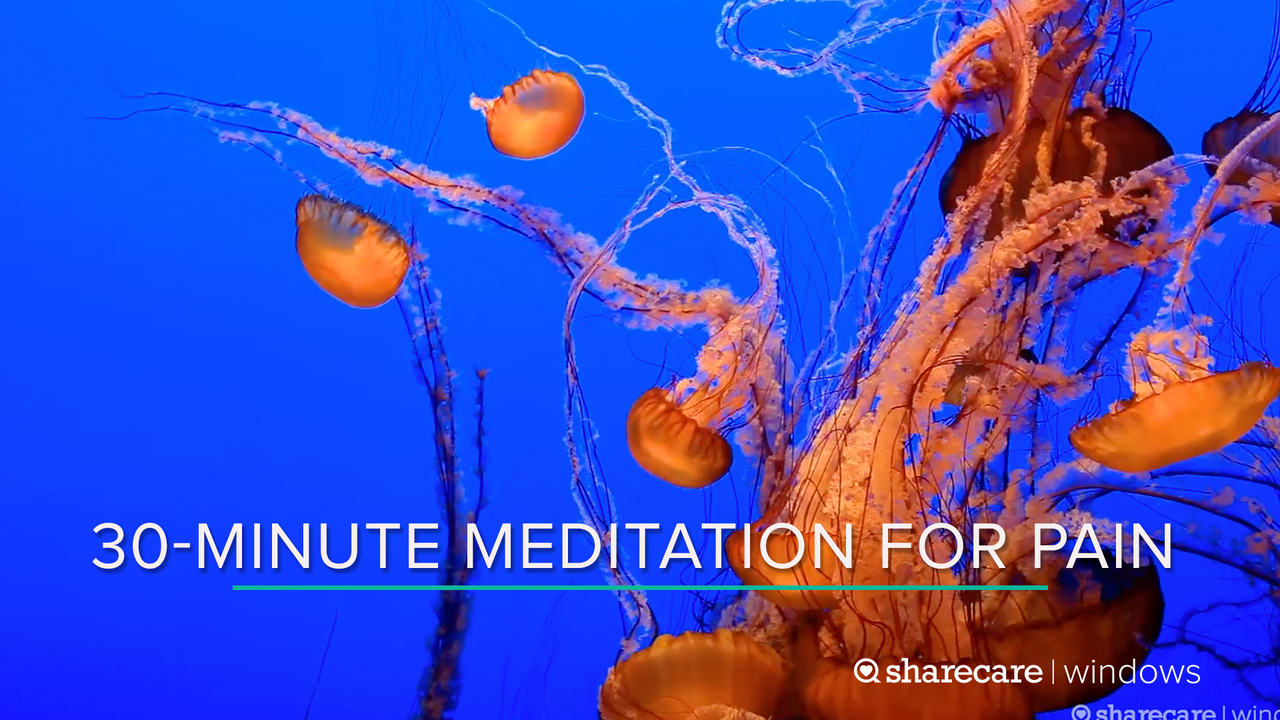Who has time for meditation or relaxation when you’re “crazy busy”? Many of us think of stress management practices as frivolous time away from work and productivity. But is this really true?
Those who spend more time resting, relaxing and visiting with friends and loved ones seem to be far more productive than those who are all about work, work, work!
How is that possible?
Napping makes you more focused
It seems that with all of our focus on being busy and productive, we have lost site of one important fact. We need downtime to be our best selves. And taking a break not only helps our mental health and social life, it also makes us more productive.
Our brains need rest and downtime to restore balance. In a study from the Brain and Creativity Institute and Rossier School of Education at University of Southern California the authors determined that “Rest in not Idleness.” Rest time is important to our mental processing and cognitive abilities, and it promotes an effective balance between external attention and internal reflection.
Another article on Germans and work productivity says: “Europeans have always seemed to take a different route when it comes to the work/life balance. Germans on average work around 1,436 hours per year, versus the 1,804 hours Americans work. With those numbers it would be easy to conclude that Americans do more and would be more productive in the workforce. … But we don’t. Studies show that Germans get roughly the same amount of stuff done in fewer hours each week, and with more vacation time.”
Have you ever noticed that when you come back from a long-needed vacation, things at work seem fresher? You have new eyes for a project you’ve been working on? You may even notice this feeling when you take a short break and take a walk, meditate or spend time with your friends or family.
Working longer hours doesn’t mean getting more done
We can all learn something from other cultures. We need time to let our minds and hearts be spacious. We need to connect with others and ourselves in unstructured ways at any age. When we say we don’t have time to rest, relax and do those things that make us feel spacious and whole, our health suffers. When we take time for ourselves we are bringing our best selves to others.
Rather than saying, “I don’t have time to take a break and rest or I don’t have time to do meditation,” what if you said, “I don’t have time not to?” Rather than bragging about how much work you do, why not start bragging about how many breaks you are taking? The practices of relaxation and meditation may require an hour or more of your time each day but what they give you in return is a gift beyond measure.
Looking for other ways to live a healthier, happier life? Reverse heart disease and diabetes, lose weight and reduce stress with these tips from Dean Ornish.
This content was originally published on Ornish Living.
Photo Credit: Laura Thorne, via Flickr Creative Commons





